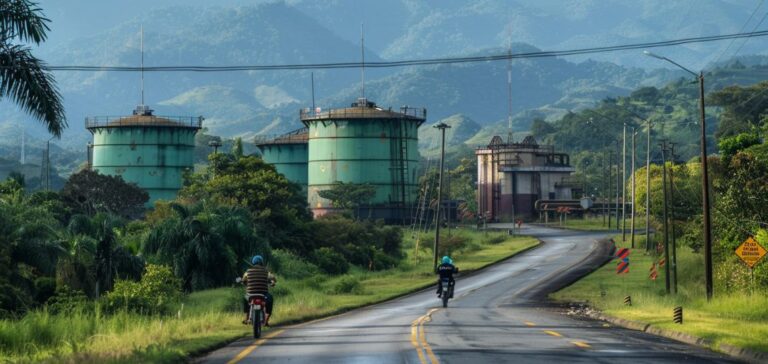United States President Donald Trump has announced the introduction of punitive tariffs against any country maintaining commercial relations with Venezuela’s energy sector. Beginning 2 April, those countries will face a 25% tax on all goods destined for the American market. This decision forms part of a broader strategy aimed at economically isolating the Venezuelan government.
Targeted economic pressure on third-party exporters
The tax does not directly target Venezuelan oil flows to the United States, which are already significantly restricted, but rather international partners maintaining energy cooperation with Caracas. This new customs measure emerges within the context of a broader tightening of U.S. trade policy, with Donald Trump having announced an expanded overhaul of tariffs to strengthen U.S. positions in bilateral negotiations.
Simultaneous enforcement on other trade partners
The import tax on goods related to Venezuelan oil will take effect on the same day as the implementation of so-called “reciprocal” tariffs targeting a range of U.S. economic partners. These tariff mechanisms are used by the Trump administration as tools to impose leverage in global trade, with a focus on revitalising domestic industry.
Exceptional legal provisions deployed against Caracas
In parallel with this customs strategy, U.S. authorities have initiated expulsion procedures targeting Venezuelan nationals. These expulsions are based on an exceptional legal framework historically reserved for wartime conditions. The federal government cites alleged links between certain migrants and the criminal group Tren de Aragua, now designated as a terrorist organisation. National Security Advisor Mike Waltz stated that this group operates on behalf of President Nicolás Maduro’s administration.






















